This rainy summer has delayed by nearly a month the harvest of lavender in Bulgaria, which still keeps its leading position among its producers worldwide. Over the past years this country has managed to take the place of France, though the latter sees its endless purple fields of Provence as a part of its national identity.
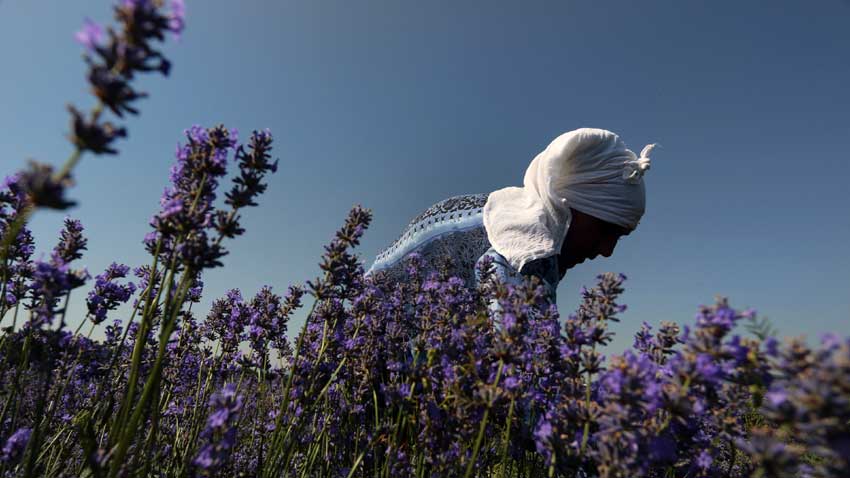
Will bad weather affect lavender vintage this year?
We ask this question to Mr. Dimitar Stefanov, one of the major producers and exporters of rose and lavender oil. “Cool and wet weather might be good for picking up roses, but it is no good for lavender. We need at least 4 -5 sunny days in a row, in order to start harvesting,” the expert explains, adding that:
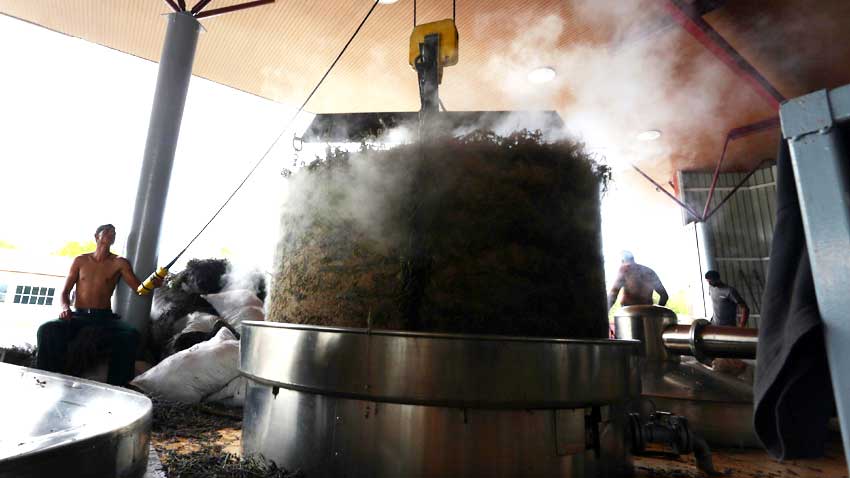
“The last 40 days of constant raining have affected negatively lavender. However, tufts are some 20 – 30% bigger this summer. There are new plants as well, which will blossom for a first time. To sum up, the harvest will be a bit bigger on last year. This wet weather influences the most the effective return of lavender oil, which will be at least 20% lower. However, both things reach a balance and we still expect the quantity of distilled lavender oil to reach last year’s level, or some 120 tons.”
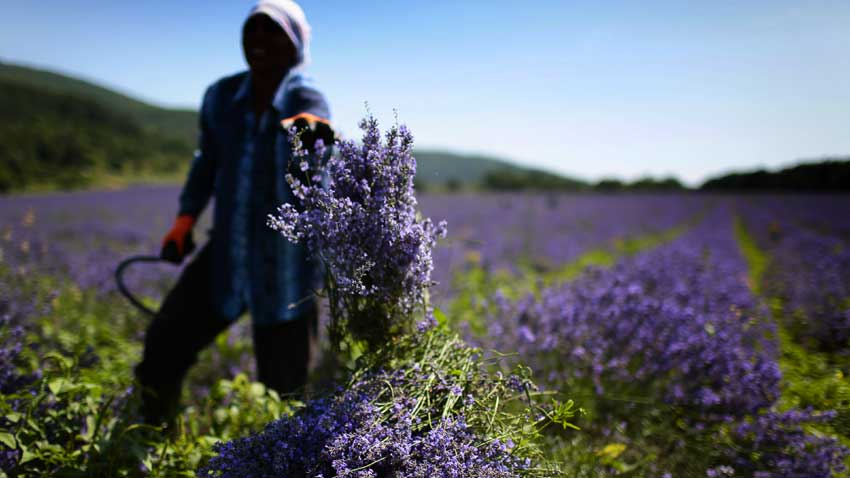
Thus Bulgaria preserves its leading position, regarding this aromatic plant with traditions in its growing here. After certain withdraw at the end of last century, a true boom of new plantations can be recently observed.
“Right now we are taking back our previous position, even bettering the result,” Mr. Stefanov underlines. “We have always been second after France and at the moment we are already outrunning it in terms of production volumes. At the same time we can’t praise with better quality, though, as French lavender oil remains the standard. It’s all about our climate – the best one for roses, but not as good as the French one for lavender. Luckily, rose oil is the more elite and expensive product…”
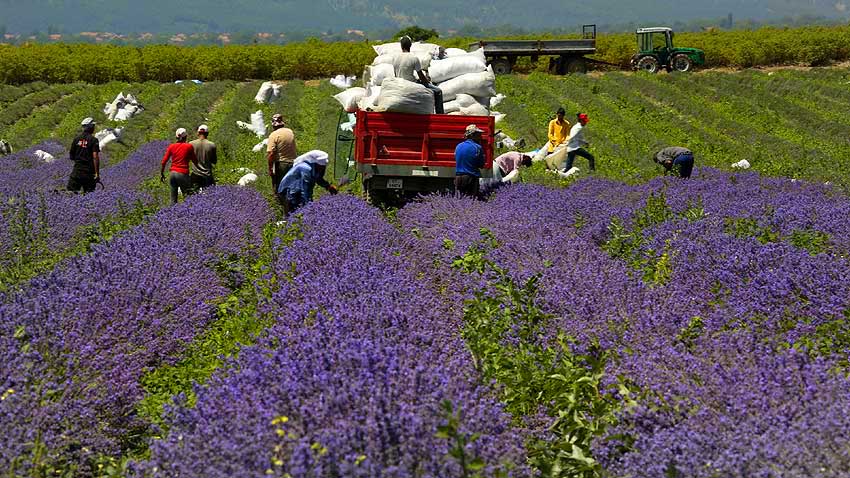
How did we manage to outrun France, regarding the first position?
“France has had its problems with lavender plantations over the past decades, as there are diseases and the plants need to be re-planted over certain periods of time, which requires greater investments. Fields have shrunk there and production gone down. China, the other large lavender producer has also stepped out of the market, due to other agricultural priorities, I guess. These two factors have resulted in a serious demand/supply discrepancy, shooting prices up. Hence the increased interest to lavender in Bulgaria. Combined with the new opportunities due to the EU funding, we have had 3 – 4 times bigger acreages over the past years.”
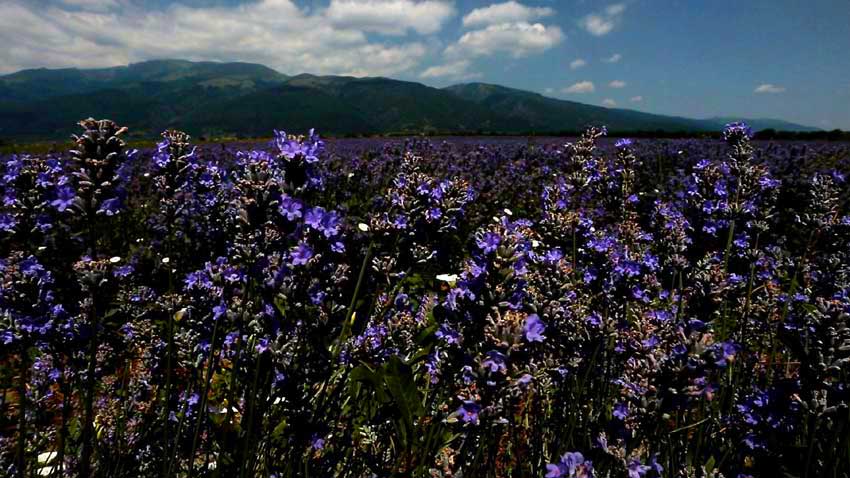
It has been a true leap, Dimitar Stefanov comments. In 2013 we had 120 tons of lavender oil produced, or twice more than just two years earlier. The reason: the record prices of Bulgarian lavender, reached in 2011 – 2012 – over EUR 100 per kg. However, that peak won’t be repeated, says Mr. Stefanov, who expects a price of some EUR 65 this year. Which means increased supply, i.e. France starts to get back to its previous production volumes. Low prices will cool down passions in Bulgaria, regarding new plantations, which will slow down the market, according to the expert. He thinks that the size of lavender fields in this country has now reached its maximum.
Lavender has entered North Bulgaria as well.
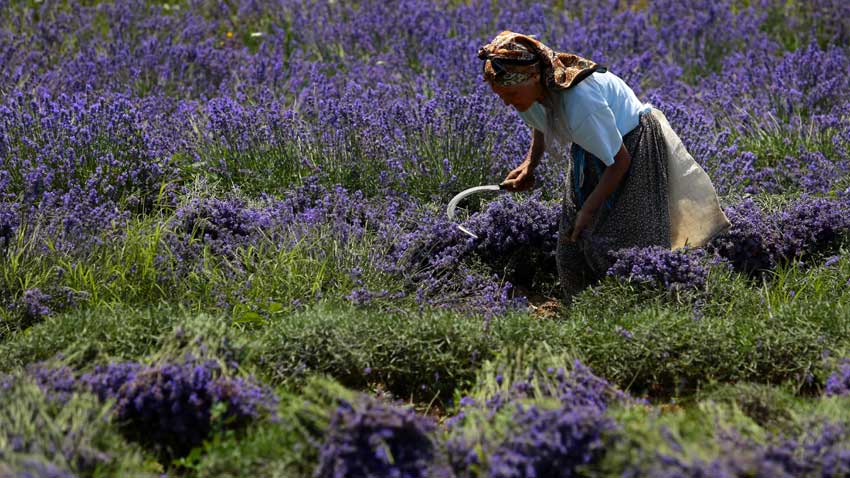
Traditionally grown in Bulgaria’s southern parts, the record prices of lavender at the beginning of this decade attracted northern farmers as well. Those opted for the new sorts, which provide higher yield, but the oil’s aroma quality is lower. Branch experts warn against an excessive expansion of the areas, which will result in a sudden drop of prices. “We already went through that at the end of the 20th century, when the excessive expansion of plantations resulted in prices too low and large-scaled withdraw of producers. Thus we lost positions we had struggled for a long time before,” analyzers comment.
English version: Zhivko Stanchev
Photos: BTA
The average price of apartments sold in Sofia in the third quarter of 2025 reached €2,310 per square metre , marking an annual increase of 25.5%, according to data from Bulgarian Properties. While new developments remain popular, limited supply and..
Natural gas prices in Bulgaria are set to fall by just over 4% in December , significantly higher than the previously forecast 1% drop, according to calculations by state-owned supplier Bulgargaz, reported BNR correspondent Yuliyana Kornazheva. This..
The Executive Board of the International Monetary Fund (IMF) has concluded the 2025 Article IV Consultation with Bulgaria. According to the IMF’s procedure for assessments and recommendations, domestic demand is driving a robust expansion of the..

+359 2 9336 661
